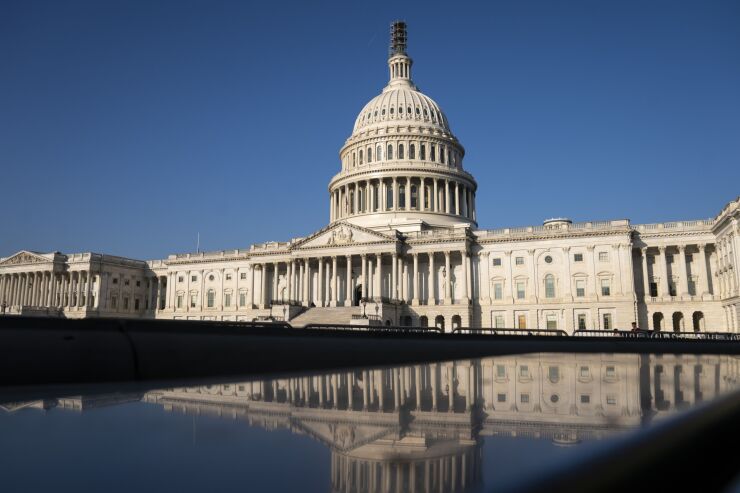House lawmakers passed the Taxpayer Data Protection Act, voting to stiffen the penalties for making an unauthorized disclosure of tax information to prevent the future theft and disclosure of Americans' private tax information in the wake of disclosures about the tax returns of former President Donald Trump and prominent billionaires like Elon Musk and Jeff Bezos.
The measure, introduced by House Ways and Means Committee Chairman Jason Smith, R-Missouri, comes after the leak of thousands of Americans' tax information by an Internal Revenue Service contractor named Charles LIttlejohn, who was sentenced in January to the
"When Americans file their tax returns, they expect their personal data and tax information are confidential," Smith said in a statement Tuesday. "But between 2017 and 2021, Charles Littlejohn, who worked as a contractor for the IRS, stole taxpayer information, and he stole a lot of it. He gave it to The New York Times and ProPublica, who published articles containing that confidential tax information about President Trump and other notable figures. Mr. Littlejohn then destroyed evidence and obstructed law enforcement investigations."
"Current law failed to deter Mr. Littlejohn from stealing and leaking private and sensitive taxpayer information," Smith continued. "Moreover, the Department of Justice only charged Mr. Littlejohn with a single count of unauthorized disclosure of private tax information. Increasing the punishment for this crime will result in better deterrence for potential criminals, and fewer crimes of this sort being committed."

Under current law, any violation for the unauthorized disclosure of tax information is a felony punishable by a fine in any amount not to exceed $5,000, or imprisonment of no more than five years, or both. The legislation increases the maximum penalty to a fine in any amount up to $250,000, or imprisonment of not more than 10 years, or both. The legislation also clarifies that each taxpayer impacted by an unauthorized disclosure of tax information counts as a distinct violation of the law.





